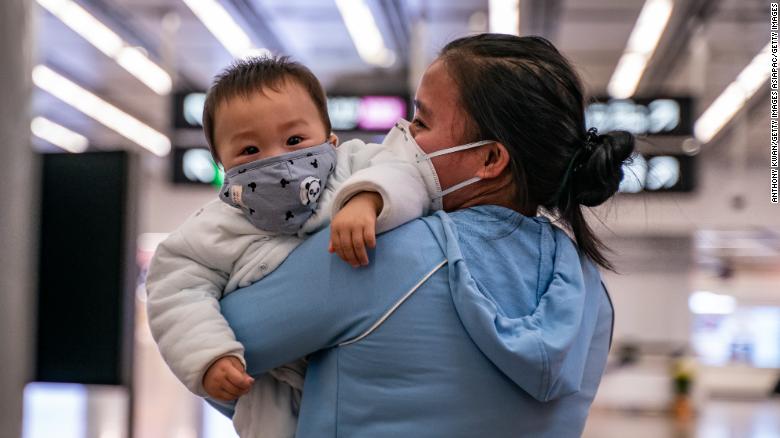
How have Hong Kong leaders responded to staff wellbeing and the coronavirus?
In their responses, 60% of leaders say that they have a Crisis Management Team (CMT) in place, with an additional 27% saying that they have specifically selected staff members to monitor the situation. Less than a quarter of organisations, therefore, have no formal approach to the situation. These numbers represent the seriousness with which business and HR leaders in Hong Kong are treating the situation, with a lot of emphasis on staff safety and wellness. This according to a recent survey with HR leaders from a range of industries asking about the effect that the recent coronavirus outbreak has had on their organisations conducted by Charles Caldwell, Head of HR, English Schools Foundation (ESF).
Aside from the physical symptoms and health-related concerns that naturally come with such an outbreak, there are clear implications for the mental wellbeing of staff. The majority of people in Hong Kong will not be physically infected by the coronavirus, but the impact on their short and long-term health can be severe. Stress levels are bound to rise, with half of those managers surveyed reporting that they have seen staff exhibiting ‘a great deal’ or ‘a lot’ of added stress. The impact on people and business when half of the staff suddenly, and simultaneously, encounters a spike in stress levels is of grave concern.
On a sliding scale, from ‘feeling great’ down to ‘feeling upset’, HR leaders across the region were asked to rate the general mood of their employees. None of those leaders believed that any staff were ‘feeling great’, with only 18% in the ‘feeling well’ category.
Of those remaining, 43% were in the negative mood categories, with 39% in neutral. The danger here is that although feeling ‘neutral’, there is a high risk that a change in the situation will cause the people in that category to change their status. If the situation worsens at all, as it is likely to do in the near future, then those staff may slide down into negative categories. Ultimately, this could mean that the overwhelming majority of staff members are feeling down or upset. This means that, at least in the short-term, the majority of staff working in Hong Kong is—or soon will be—both highly stressed and feeling down. That is before any of them are medically affected by the virus directly.
With that in mind, it is the job of HR and good leaders to look for solutions. Thankfully, there are many forward-thinking HR professionals in Hong Kong already implementing solutions or partial solutions for their staff.
Some of the actions taken by leaders to help their employees include:
-
Communication about coronavirus risks and how to protect oneself (77%)
-
Providing face masks (73%)
-
Providing hand sanitizer (77%)
-
Some staff working from home (29%)
-
All staff working from home (12%)
-
Flexible working hours (28%)
-
Cancelling unnecessary meetings (28%)
Since the end of January, a follow-up survey was conducted with the same leaders regarding the ongoing impact of HK government asking organisations to consider letting their staff work from home. In response, 55% of companies are allowing their staff to work from home, with a further 16% adopting flexible arrangements.
Overall, the impact of the coronavirus outbreak has been widespread, but the response has been fast and flexible. Agile leaders are taking creative steps to ensure the safety and wellbeing of their staff whilst being mindful of the impact on business. The situation is ongoing and changing every day, so it will be interesting to see how much longer it continues and what other creative measures can be taken in order to balance organisational needs against staff welfare.






